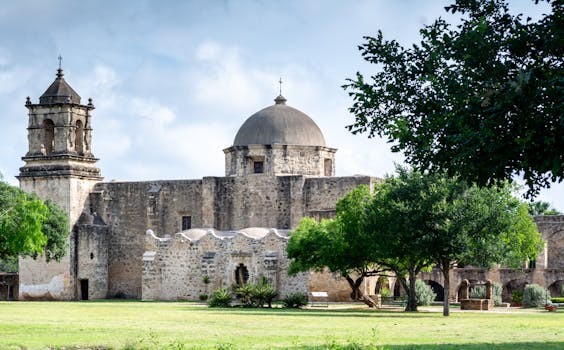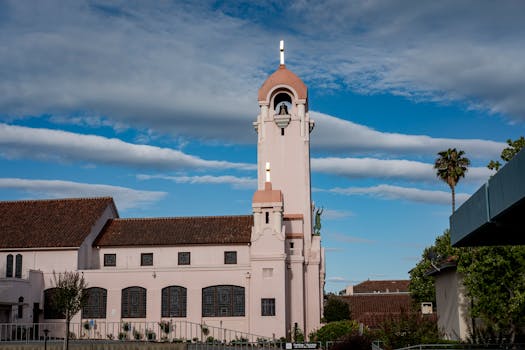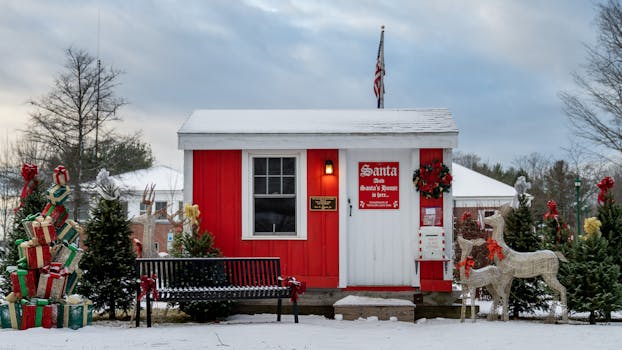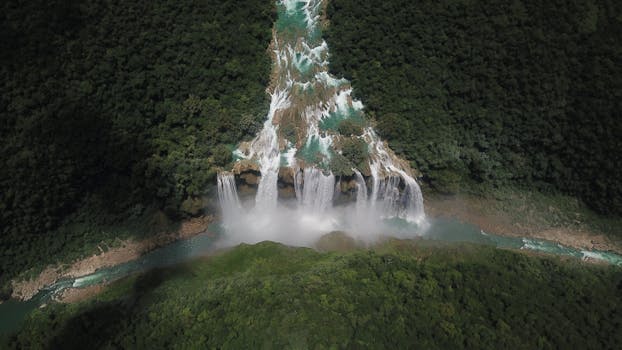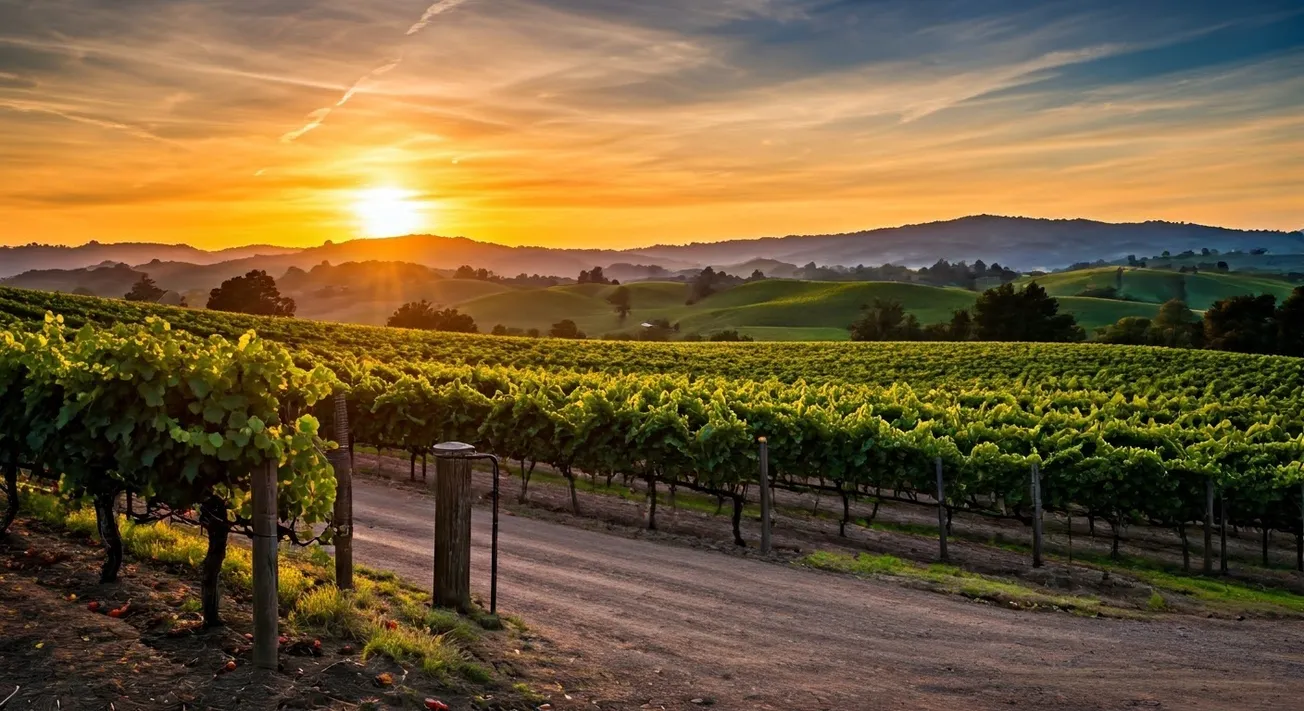The Timeless Legacy of Misión San Jose de Comondú: A Historic Journey from 1708 to 1827
Introduction: A Hidden Treasure in Baja California Sur
Nestled amidst the rugged terrains and arid landscapes of Baja California Sur, Mexico, lies a historic treasure frozen in time - the Misión San Jose de Comondú. This mission, a testament to human resilience and the passage of time, echoes the vibrant tales of faith, conquest, and transformation. Today, we invite you to embark on an enthralling journey through time, retracing the mission's intriguing history from its inception in 1708 to its abandonment in 1827.
The Founding of The Mission
The genesis of Misión San Jose de Comondú is deeply intertwined with the journey of Jesuit missionaries who traversed the vast Atlantic, fueled by an ardent desire to propagate Christianity. Among these pioneering spirits was Father Julian de Mayorga, who laid the mission's first stone in 1708. Initially christened as San José de los Paredones, the mission was established as a visita, a subsidiary mission, of Misión San Luis Gonzaga Chiriyaqui.
Challenges and Early Growth
The mission's nascent days were fraught with formidable challenges. The inhospitable desert climate, scarcity of resources, and resistance from the indigenous population were significant obstacles. However, the Jesuits' unshakeable faith and their vision of a thriving Christian community fueled their resolve to persevere.
In 1737, under the visionary leadership of Father Nicholas Tamaral, the mission was relocated to its present location and rebranded as Misión San José de Comondú. This strategic move, motivated by the potential of fertile land and abundant water sources, marked a significant turning point, paving the way for a period of growth and prosperity.
The Mission's Golden Era
Under the diligent stewardship of the Jesuit missionaries, Misión San Jose de Comondú thrived. It transformed into a bustling hub of agricultural production, cultivating wheat, corn, and a variety of fruits. Its vineyards produced coveted wine that was sought after far and wide. Beyond agriculture, the mission served as a spiritual and educational nucleus, offering religious instruction and basic education to the indigenous population.
Conflict and Controversy
However, the mission's success was not devoid of controversies. The Jesuits' stringent religious practices and their forceful approach towards conversion often sparked conflicts with the indigenous population. This simmering tension culminated in 1734 with the Pericú revolt, a violent uprising against the Jesuit missionaries, resulting in the martyrdom of Father Tamaral.
Decline and Abandonment
Despite the tumultuous events, Misión San Jose de Comondú continued to flourish under the administration of the Franciscan and later, the Dominican orders. However, the eruption of the Mexican War of Independence in 1810 signaled the mission's decline. The war led to a depletion of resources and support for the missions, and by 1827, Misión San Jose de Comondú was abandoned.
The Enduring Legacy of Misión San Jose de Comondú
Today, the ruins of Misión San Jose de Comondú stand as a poignant reminder of a bygone era. The crumbling walls echo tales of faith, endurance, dreams realized, and hopes shattered. The mission's history is a rich tapestry woven with threads of courage, resilience, and the indomitable human spirit.
A visit to Misión San Jose de Comondú is akin to stepping into a time capsule, a journey back to a pivotal chapter in Mexico's history. Its rustic charm, coupled with its historic significance, continues to captivate historians, tourists, and locals alike. Its silent walls beckon us to pause, reflect, and marvel at the enduring legacy of a mission that once thrived against all odds.
Conclusion: The Timeless Resilience of Misión San Jose de Comondú
In conclusion, the history of Misión San Jose de Comondú is a riveting narrative that encapsulates the essence of human endeavor. It serves as a testament to the power of faith, the resilience of the human spirit, and the relentless march of time. As we delve into its past, we are reminded of the enduring legacy of the mission, a legacy that continues to resonate in the arid landscapes of Baja California Sur.

Sign up for Sonoma County Navigator
Discover Sonoma County! Latest News, places to play, stay, eat, live, shop, learn and more!
No spam. Unsubscribe anytime.


